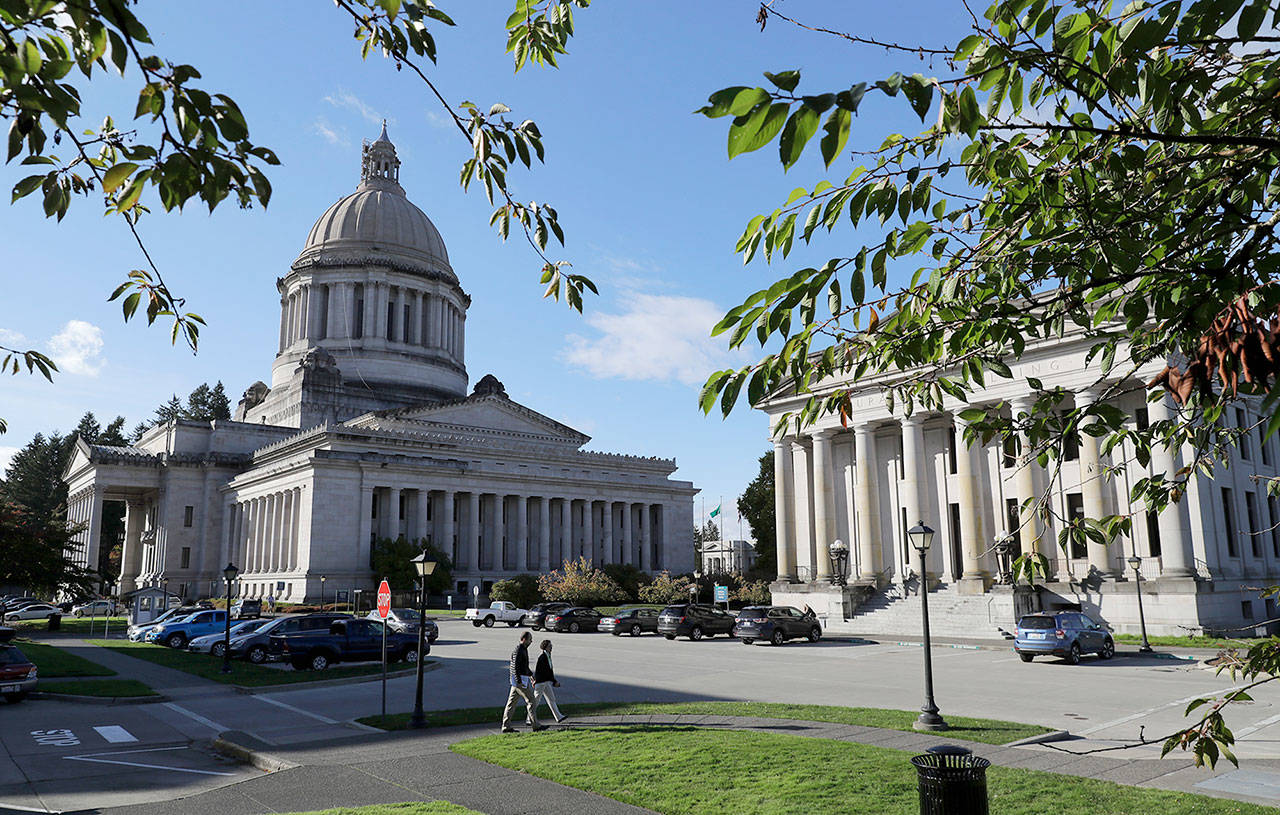By The Herald Editorial Board
Nearly every public election in Washington state is determined by simple majority — 50 percent plus at least one additional vote — to determine passage or failure for initiatives that set public policy, most tax measures and who will serve on city councils, school boards, the Legislature, in the governor’s office and more.
The exception is bonding authority for schools and other districts, the ability for voters to set a property tax rate that allows those districts to bond larger sums of money for construction and other capital projects than are possible in levies. Bonds require a 60 percent supermajority, a high bar that has meant repeated failures to pass bonds for many school districts and an inability to remodel and build new schools that public school students need for a good education.
In last month’s general election, 13 school districts in the state — including the Arlington School District — ran bond elections. Of those, five surpassed 60 percent approval and eight failed, including Arlington. Of the eight that failed, Arlington and four others won approval from a majority of the voters, but managed only 52 percent to 58 percent approval, a measure of support that many state lawmakers would consider strong support if not a mandate.
Earlier in February, Arlington failed in its first bond attempt, as did Everett with a $330 million request that would have built a fourth high school and made other improvements throughout the district. Both districts in their February attempts surpassed 55 percent approval. Arlington will make a third attempt next February. Everett is expected to wait until April 2020 to return to voters with another bond request.
Of the state’s 295 school districts, 35 of them — about 12 percent — have chronically failed to meet the 60 percent supermajority requirement, according to figures gathered by Tom Siegel, superintendent for the Bethel School District in Pierce County, which over the last 40 years has passed four bond measures in 20 attempts.
The school districts that have had the most difficulty in winning bond elections, Siegel said in emails sent to legislators and journalists, are distributed throughout the state in rural, suburban and urban communities. “This,” Siegel said, “is a statewide problem.”
There’s nothing sacrosanct about requiring a 60 percent supermajority; it’s an arbitrary number and goes against the democratic principle of majority rule. What it amounts to is leaving the decision to a minority of voters.
Although that 60 percent supermajority is in the state constitution, it hasn’t always been so. Originally, the constitution required only a simple majority. That changed in 1944, in response to concern that the expected end of World War II would bring an exodus of defense workers from the state, leaving a smaller population with a heavier tax burden. (The opposite happened, of course; the state’s population grew from 1.7 million in 1940 to 3.4 million by 1970, and is 7.4 million today.)
Reverting the bond passage requirement to a simple majority would require a constitutional amendment — passed by two-thirds of the state House and Senate — then the approval of the voters in a general election. But that hurdle was successfully cleared in 2007 when voters approved the amendment for a simple majority for school district levies.
Some legislators are voicing support for seeking a constitutional amendment. A joint legislative task force on state funding for school construction also is recommending a simple majority for bonds in a report to lawmakers. A bill was proposed in the Senate last year — it would have lowered the bond approval level to 55 percent rather than a simple majority — but it did not advance.
There’s a fiscal responsibility argument to be made for lowering the threshold for bonds: Districts that are unable to bond construction projects are less able to plan for growth and provide good learning environments for students. Expected to provide more classrooms for growing schools, many pursue capital levies that are used to bring in portable classrooms. But at $300,000 to $450,000 a pop, the portables are not inexpensive and have a shorter service life than traditional school buildings. And the portables present problems for school security and usually mean a loss of campus space for other programs and facilities.
District residents are not necessarily escaping higher taxes by voting down bonds; temporary solutions are adding to a district’s costs over time and putting off needed construction that will only cost more in future years.
And the supermajority requirement is simply shortchanging students in many districts, denying them a learning environment that others enjoy.
Whether and how much to tax property is a decision that belongs to voters. But it’s a decision that should be up to a majority of the community; not the minority.
Talk to us
> Give us your news tips.
> Send us a letter to the editor.
> More Herald contact information.

























